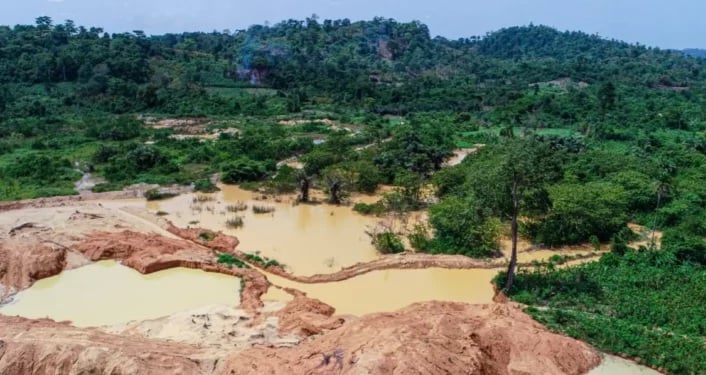As Ghana’s bankrupted national economy resets amidst the uncertainties of global tariffs and the AI era, the country grapples with unprecedented environmental degradation from galamsey and economic challenges amidst a debilitating cost-of-living crisis. Yet, a promising solution lies in plain sight. By fostering public-private partnerships (PPPs) between state institutions and large private landowners, we can help preserve our precious forests while generating wealth and jobs for local communities.
Institutions like the Forestry Research Institute (FRI) of CSIR, the Forestry Commission, the Cocoa Research Institute of Ghana, and other CSIR institutes such as the Food Research Institute and the Plant Genetics Resources Research Institute (PGRRI) at Bunso, possess invaluable expertise. Partnering with private landowners could unlock sustainable forest management, eco-tourism, conservation initiatives, and innovative agricultural practices.
According to recent data, PPPs can create fulfilling jobs for young people in rural areas, stimulating local economies. With 2024 projections indicating a growing demand for sustainable forest products, Ghana can capitalise on this trend.
By embracing PPPs, Ghana can:
1. Preserve biodiversity-rich forests
2. Generate local wealth and employment opportunities
3. Foster sustainable development
The government should incentivise these partnerships, ensuring benefits remain in local communities. Additionally, exploring climate finance opportunities from sources like the Green Climate Fund (GCF), international donors, or philanthropic organisations such as the Scot McKenzie Foundation could further support these initiatives. Furthermore, the media can play a vital role by researching and highlighting such opportunities, contributing to nation-building.
Let’s work together to make rural Ghana a happy and prosperous place, leveraging partnerships and innovative solutions for a brighter future.
#SustainableGhana #ForestConservation #PublicPrivatePartnerships #GhanaEconomy #EnvironmentalSustainability #RuralDevelopment #NationBuilding


